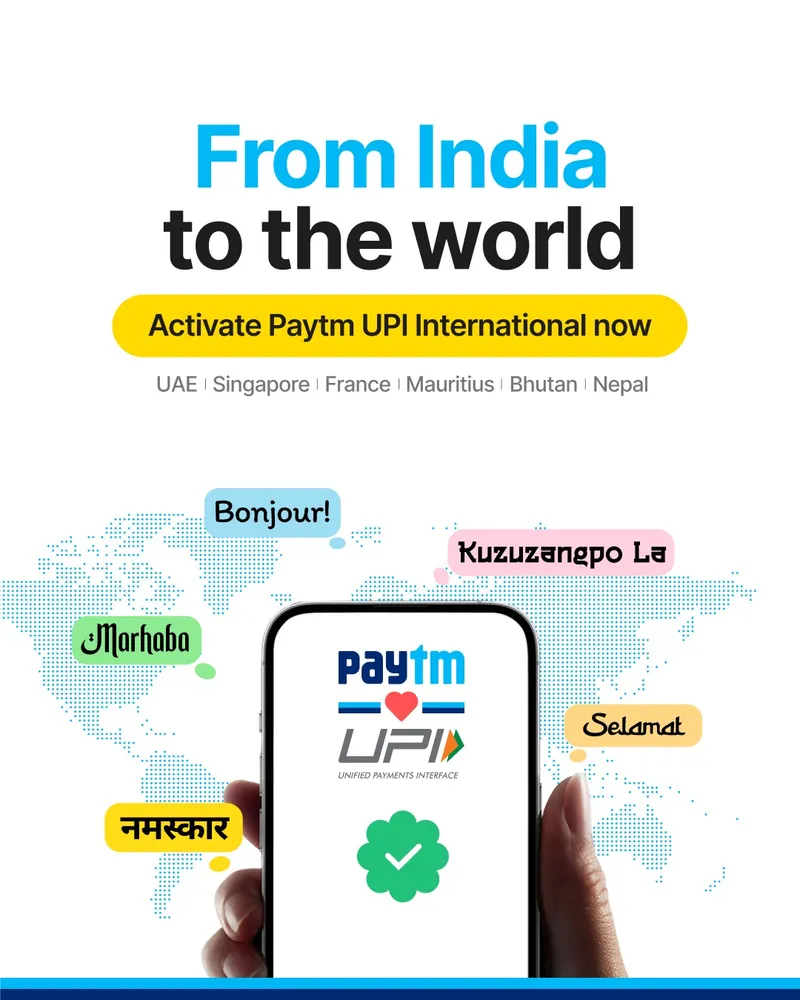[ad_1]
Funding news
Food delivery startup Swish secures $2M in funding from Accel
Bengaluru-based rapid food delivery startup Swish completed a $2 million seed funding round led by Accel, with participation from angel investors, including Abhiraj Bhal and Varun Khaitan (Founders of Urban Company) and former Swiggy Instamart head Karthik Gurumurthy.

Team Swish
The funding will enable Swish to expand its operations and scale its unique rapid-delivery model across most areas of Bengaluru, followed by other Tier I cities.
“We realised that quick commerce has quickly become indispensable as people seek faster solutions to their everyday needs. Despite advancements in other categories, food delivery times still often range from 30-60 minutes, which falls short of meeting the urgency that customers now expect… Swish was born from our desire to meet this demand—not just for ourselves, but for everyone who values that level of convenience,” said Aniket Shah, CEO and Co-founder of Swish.
Fintech startup PeLocal raises $2M seed funding
PeLocal, a payment solutions provider within WhatsApp, has raised $2 million in a seed round led by Unicorn India Ventures to expand and enhance the platform and help accelerate go-to-market strategies for rolling out large-scale projects.
In the last 12 months, PeLocal has grown from 500,000 monthly payment transactions to 3 million monthly payment transactions. The startup will also launch a marketing catalogue with payments and an SMB payments platform on WhatsApp.
“As we have a strong track record of investing in the fintech segment, we believe PeLocal will continue to sustain its momentum and also scale further with its innovative solutions and strengthen its leadership position in this space,” said Anil Joshi, Managing Partner, Unicorn India Ventures.
TA Associates invests in Vee Healthtek
TA Associates has completed a strategic growth investment in healthtech startup Vee Healthtek. The partnership will enable Vee Healthtek to leverage TA’s global resources and extensive experience in the healthcare sector to enhance technology capabilities, expand offerings, and fuel client success.
“With TA, we’ve found the right partner to help us sustain our industry-leading growth and increase our service offerings and market presence. TA will play a crucial role in the company’s expansion, both organically and through strategic acquisitions. I look forward to working closely with TA’s team to take Vee Healthtek’s impact on clients to the next level,” said Chocko Valliappa, Founder and Chairman of Vee Healthtek.
Proost raises Rs 30 Cr in Series A round
Homegrown beer startup Proost has secured Rs 30 crore in its ongoing Series A funding round led by existing investor Chimes Group and Srinivasan Namala of Porus Laboratories, with participation from Hyderabad Angels, The Chennai Angels, and other prominent HNIs.

Tarun Bhargava, Co-founder and CEO, Proost
The company will use the fresh capital to strengthen its supply chain, deepen its presence in existing markets, expand into new regions, and broaden its product portfolio.
Operating under Grano69 Beverages, Proost has a presence in Delhi, Punjab, Uttar Pradesh, Kerala, Jharkhand, and Karnataka.
“This funding marks a major milestone for Proost. We aim to scale our operations, introduce innovative beer variants, and capture 5% of India’s beer market by the end of the decade,” said Co-founder and CEO Tarun Bhargava.
Other news
Unicommerce strengthens SUGAR Cosmetics’ omnichannel capabilities
Ecommerce enablement SaaS platform Unicommerce expanded its partnership with SUGAR Cosmetics by deploying its advanced omnichannel retail management solutions.
The collaboration marks a milestone in their five-year relationship, enhancing SUGAR’s ability to integrate and streamline operations across physical stores, warehouses, brand websites, and online marketplaces, the companies said in a statement.
The addition of omnichannel solutions will allow the beauty retailer to optimise store fulfillment processes, offer ship-from-store services, and enable inventory visibility across all retail and digital channels.
Paytm UPI goes global for Indian travellers abroad
Paytm has added a new feature to its app, now allowing Indian travellers to make UPI payments internationally. Paytm users can pay cashlessly at popular destinations across the UAE, Singapore, France, Mauritius, Bhutan, and Nepal where UPI is accepted.

The UPI International service allows quick one-time activation, enabling secure transactions for shopping, dining, and local experiences abroad. Travellers can view real-time exchange rates and deactivate the service after their trip for added security.
With the upcoming holiday season, this innovation ensures convenient, transparent, and controlled payments for Indian globetrotters, Paytm said in a statement.
IndiQube crosses 100 properties; expands to 14 Indian cities
Workplace solutions provider IndiQube reached a significant milestone with over 100 properties, spanning 7.2 million sq. ft. across 14 Indian cities. Founded in 2015, IndiQube began with a single property in Bengaluru and now serves over 700 clients, including Fortune 500 companies, unicorns, startups, and Indian enterprises.
The company’s portfolio covers major Tier I cities like Bengaluru, Pune, Chennai, and Gurugram, and Tier II and III cities, including Coimbatore, Jaipur, and Vijayawada. Bengaluru remains its largest market, with 59 properties covering 4.5 million sq. ft.
According to a statement, the company said Coimbatore remains a notable Tier II hub with 270,000 sq. ft. across three properties.
CoRover launches an accessible AI course, C-CAP
CoRover.ai introduced the CoRover Certified AI Professional (C-CAP) course, designed to make AI development accessible to individuals from all backgrounds. The course aims to empower learners to build AI-driven solutions, such as chatbots and voicebots, without requiring prior coding knowledge.
Using CoRover’s Composite AI platform, participants can gain hands-on experience creating conversational AI agents that integrate seamlessly with various systems. The curriculum covers a broad range of topics, including Conversational AI, Generative AI, and advanced LLMs like BharatGPT and ChatGPT.
CoRover CEO Ankush Sabharwal emphasised the course’s role in democratising AI education, enabling individuals to tackle real-world problems while promoting ethical AI practices.
Zoomcar introduces subscription model for long-term car-sharing
Car-sharing marketplace Zoomcar launched Zoomcar Subscription, a flexible service for long-term car rentals, to allow users to book vehicles for durations ranging from 7 to 30+ days, with daily rates decreasing for longer bookings.
Accessible via the Zoomcar app, the service offers an easy booking experience, priority customer support, and unlimited kilometres per day.
Unlike Zoomcar’s existing hourly pricing for short-term rentals, the new subscription model will cater to users seeking cost-effective solutions for extended needs, such as relocation, business travel, or daily commutes.
FedEx enhances South India’s global trade access with new air network expansion
FedEx Express launched five new flights to boost connectivity to global markets, enhancing logistics for critical imports and exports. This strategic expansion strengthens South India’s position as a key player in global trade, supporting electronics, automotive, and healthcare industries.
The new Guangzhou-Bengaluru direct route reduces transit times by one business day and increases Bengaluru’s weekly FedEx flights to 22. This service ensures faster import of crucial components like lithium-ion batteries and expands export capacity to Europe and the US, helping businesses meet global demand efficiently.
Kami Viswanathan, President of Middle East, Indian Subcontinent, and Africa, FedEx, said, “This new flight service is a strategic move by FedEx to meet the region’s growing demand, fulfils time-critical needs, and connect seamlessly to global markets, advancing India’s position as a global manufacturing and export hub.”
(This article will be updated with the latest news throughout the day.)
[ad_2]
Source link





